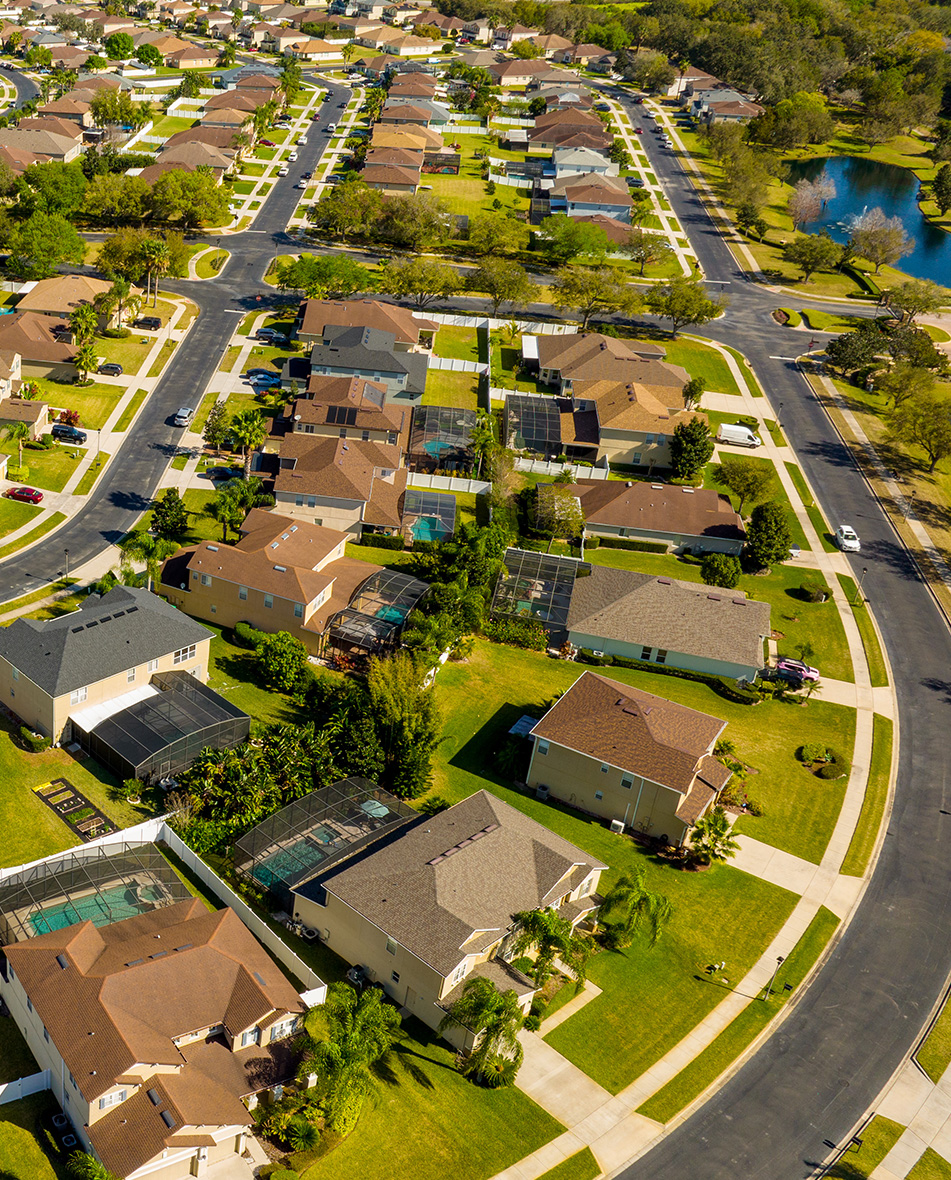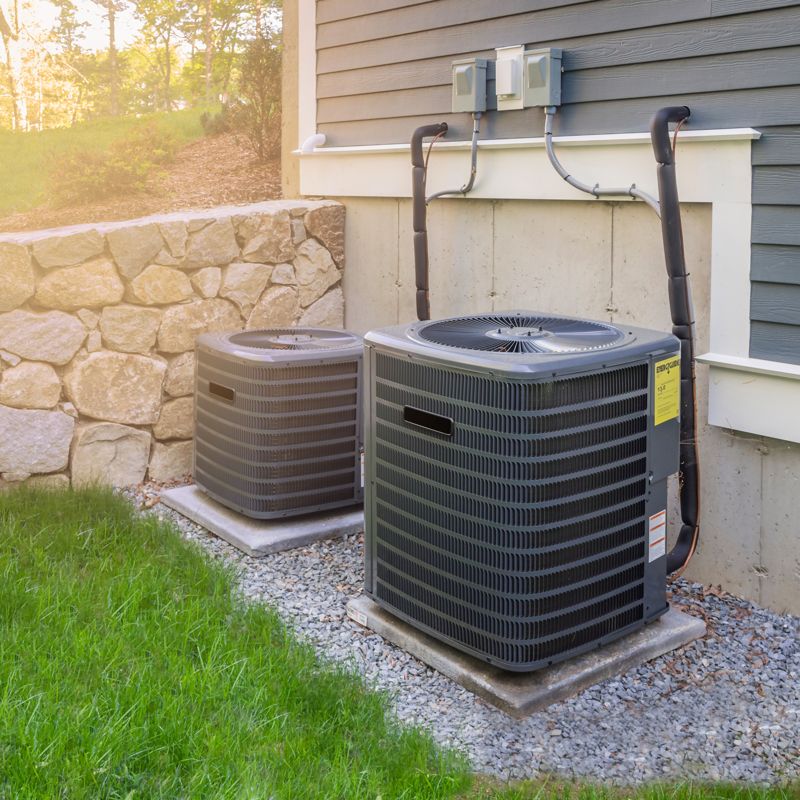
Heating Installation & Replacement Services in Orlando, FL
Serving Winter Park, Horizon West & Lake Butler Since 1988
Staying warm during chilly days starts with a dependable heating system, and ProMag is here to help. We offer professional heating installation and replacement services in Orlando to help your home stay cozy year-round. Whether you’re upgrading an outdated system or need a completely new installation, we have the expertise to work with a variety of systems, including heaters, furnaces, gas furnaces, and heat pumps. Trust ProMag to bring you cutting-edge solutions that suit your home’s needs and your budget.
Our Comprehensive Heating Installation & Replacement Services
When it’s time to upgrade or replace your heating system, ProMag makes the process simple, reliable, and tailored to your home. With decades of experience and access to industry-leading equipment, our team ensures every service is done with precision and long-term performance in mind.
Our services include:
- Heating System Replacement. We remove your old or failing unit and install a modern, high-efficiency system built to lower energy use and improve comfort.
- New System Installations. For remodels, new homes, or major upgrades, we design and install heating systems that match your needs.
- Furnace & Heat Pump Installation. From electric and gas furnaces to versatile heat pumps, our technicians install reliable systems from trusted brands like Carrier, Trane, and Lennox.
- Smart Thermostat & IAQ Integration. We can enhance your system with smart controls and indoor-air-quality add-ons that improve comfort, filtration, and efficiency.
Why Choose ProMag for Your Heating Needs?
Upgrading your heating system is a major investment, and you deserve a team that treats your home with the care and expertise it deserves. ProMag has been Orlando’s trusted HVAC provider since 1988, delivering dependable service, honest recommendations, and exceptional workmanship.
What sets us apart:
- Decades of Proven Experience. Over 35+ years of service, we’ve completed over 50,000 installations and bring unmatched knowledge to every job.
- 24/7 Availability & Same-Day Service. Whether it’s a planned upgrade or an urgent replacement, our team is ready around the clock — including weekends.
- Industry-Leading Warranties. Every new installation includes a 10-year extended parts warranty and 1-year labor warranty, giving you long-term protection.
- Licensed, Insured & Highly Trained Technicians. Our team delivers reliable, code-compliant installations backed by ongoing training and certification.
- Financing & Special Offers. With flexible payment options and promotions, we make high-quality heating solutions affordable for every household.
- Free Estimates. We provide clear, upfront pricing with no surprises, making it easy to explore your options before committing.
Call (321) 407-6850 to explore our heater options. We can also be reached through our online contact form.

Don’t Miss Out on These Savings!
Why Choose ProMag?
Serving Orlando, FL Since 1988
-
Customized Maintenance PlansKeep your system running strong year-round with our affordable maintenance plans designed to prevent breakdowns and extend equipment life.
-
Flexible Financing AvailableWe make comfort affordable with flexible financing options. Get the HVAC system you need today without breaking the bank.
-
24/7 Emergency HVAC ServiceDay or night, weekends or holidays - we’re here for you with fast, reliable emergency HVAC service whenever you need it most.
-
Trusted Local Experts Since 1988Proudly serving Florida homes since 1988 with honest service, expert care, and long-lasting solutions our community counts on.

How We Choose the Best Heating System for Your Home
Heating needs vary from home to home, and Florida’s unique climate plays a major role in determining the right system. Instead of offering one-size-fits-all recommendations, our technicians conduct a full assessment of your property. That includes evaluating your home’s square footage, existing ductwork, insulation quality, energy-efficiency goals, and your household’s comfort preferences.
Because Central Florida experiences mild winters and warm temperatures most of the year, we often recommend high-efficiency heat pumps, which provide both heating and cooling in one system. For homeowners who prefer stronger heating output, we also install reliable gas and electric furnaces designed for consistent, steady warmth.
No matter which system you choose, our goal is simple: deliver a heating solution that fits your home, lowers energy costs, and keeps your family comfortable year-round.
Fast, Local Service from Two Convenient Locations
With offices in Orlando and Fort Pierce, ProMag is strategically positioned to reach homeowners quickly when they need us most. Ourlocation at 625 Triumph Ct, Orlando allows us to serve Central Florida communities with ease, while our Fort Pierce office at 4106 Metzger Rd, Fort Pierce helps us respond promptly throughout the Treasure Coast.
These central locations mean our technicians can arrive faster during unexpected heating system breakdowns, which is especially important on those chilly nights or early mornings when comfort matters most. Whether you need same-day installation or an emergency replacement, our teams are already nearby and ready to help.
Warning Signs Your Heater Needs to Be Replaced
It’s not always easy to tell when it’s time to replace your heating system, especially in a warm, humid climate like Central Florida, where heaters only run a few months a year. Be on the lookout for warning signs that something is wrong so you know when to call ProMag for an inspection.
Common signs it’s time for heater replacement include:
- Uneven temperatures across rooms - If your system struggles to heat your home consistently, it may no longer be operating efficiently.
- Frequent and costly repairs - Regular failures and heater repairs can add up in cost, making a replacement the more logical long-term choice.
- Rising energy costs - If your bills are higher than normal, even without increased usage, your unit could be overworking itself.
- Unusual noises - Rattling, banging, or squealing noises are often warning signs of severe internal issues.
- Foul odors - Musty or burning smells can indicate anything from mold buildup to a mechanical system failure.
Don’t wait for an unexpected breakdown. Address these issues preemptively by upgrading your heater for reliable comfort throughout your home. Contact ProMag to explore our Orlando heater installation and replacement options.
How Long Do Heaters Last?
The expected lifespan of a heating system depends on its type, maintenance, and usage.
Here’s a general guide to help you understand how long your current system might last:
- Electric heaters - Last about 15 to 20 years with proper care.
- Furnaces (gas and electric) - Typically last 20 to 30 years, depending on regular maintenance and repairs.
- Heat pumps - Due to their dual-function nature for heating and cooling, these systems often last 10 to 15 years.
Even if your heating system hasn’t reached the end of its lifespan, an older system may work less efficiently and increase utility costs. If you’re dealing with frequent repairs or rising monthly bills, it might be time to consider upgrading to a modern, energy-efficient model.
If your heating system struggles to keep up, now’s the perfect time to replace it with a dependable, energy-smart unit. Call (321) 407-6850 or message us online to request your free estimate!


-
"I'll always call them!"
- S.H.
5 Benefits of a New Heater
Replacing your heating system offers more than just better comfort; it provides a range of advantages that enhance your home’s overall function and efficiency.
By investing in a new heating system, you can enjoy the following benefits:
- Improved energy efficiency - Modern heaters and heat pumps consume significantly less energy, leading to noticeable savings on utility bills.
- Reliability - A brand-new system ensures consistent performance, keeping your home warm without interruptions.
- Advanced features - Energy-efficient systems often come with smart technologies, such as programmable thermostats and zoned heating capabilities, that allow better control over temperature and energy use.
- Enhanced indoor air quality - Many new systems come equipped with high-performance air filtration options, which improve the quality of the air circulating in your home and reduce allergens.
- Longer lifespan and fewer repairs - Modern systems are designed to last longer and operate more reliably, meaning you have fewer costly surprises in the future.
Installing a new system creates a more comfortable living environment while saving money in the long run through better efficiency and reduced repair needs.
Call (321) 407-6850 for heater installation and replacement services in Orlando.